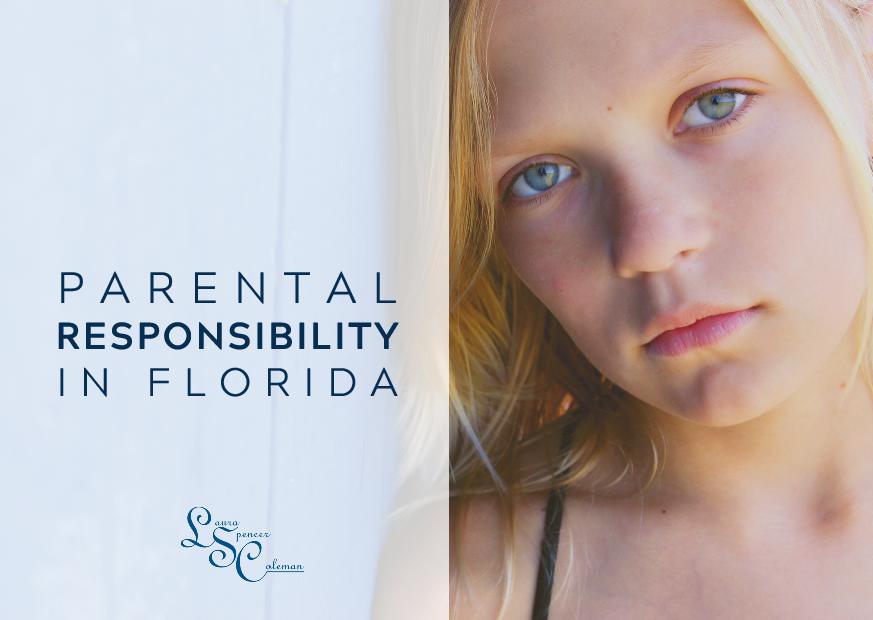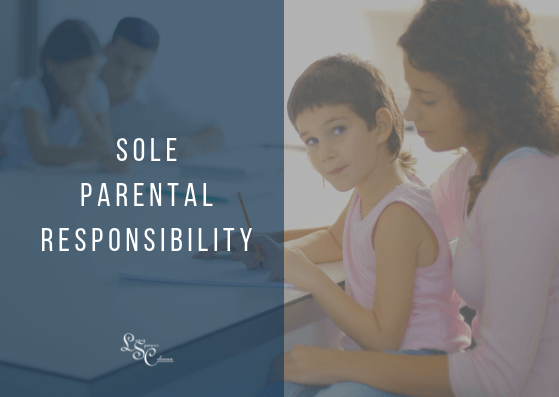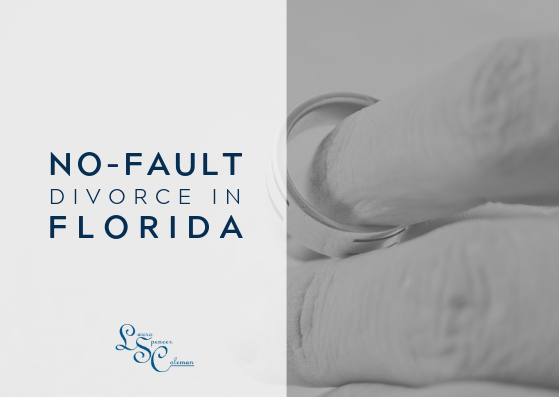How Can You Protect Your Children During a Divorce?
- By Laura Spencer Coleman
- •
- 07 Feb, 2018
- •

For most parents, the main concern when seeking a divorce is how the event will affect their children. Property division, child custody and alimony weigh heavily on divorce proceedings, creating an emotional and often volatile environment for children.
If you’re considering a divorce in the State of Florida, it’s important to prepare yourself and your children for the inevitable changes that will follow.
Here are a few important ways to protect your children during your divorce.
Don't Fight In Front Of Your Children
Divorce is often associated with strong negative emotions--anger, disappointment, sadness, even hopelessness can surface during a divorce. For your children, the time may be even more painful, especially if they’re moving, changing schools and leaving friends.
- As you and your ex-spouse navigate the details of your separation, it’s important to shield your children from the negative emotions you may feel towards each other. Constrain heated arguments to private spaces, during times when your children aren’t likely to hear. If you know you’re angry with your spouse, schedule your phone calls or conferences during times when your children are in school or visiting with friends.
- Give yourself ample time between tense phone calls or meetings to unwind and regain your composure before seeing your children again. Take a walk, do breathing exercises or try to meditate. If going for a drive helps you relieve the anger or aggression you feel, do it. Find your own personal de-stressing techniques when things with your ex-spouse are most tense.
Don't Insult Your Ex-Spouse In Front Of Your Children
Divorces can bring out the worst in people. The temptation to disparage your former spouse at every turn can be strong. But it’s important to remember that your children love and adore both of you. Hearing mean remarks about either parent will be hurtful for them, during a time when they need your love and support the most.
Study Child Support Laws In Florida
If you’re worried about your or your ex-spouse’s child support payments, you’ll need to seek a knowledgeable family law attorney who can help you navigate the process.
In Florida, the law states that a parent who voluntarily quits his or her job or takes a lower paying job in an attempt to pay less child support can have their income imputed. Imputed income is an assigned income that is higher than what a parent claims to be earning. Therefore, the amount of child support assigned to the parent is higher than if the lower income was accepted by the courts.
Choose A Trustworthy Family Law Attorney
If you’re preparing to file for a divorce in the state of Florida, a trustworthy family law attorney can help you navigate the process.
Laura Spencer Coleman has been practicing family law in Florida for nearly 20 years. She can help you fight for your rights and your children’s rights throughout your divorce proceedings.
Contact Laura Spencer Coleman to learn more today.













